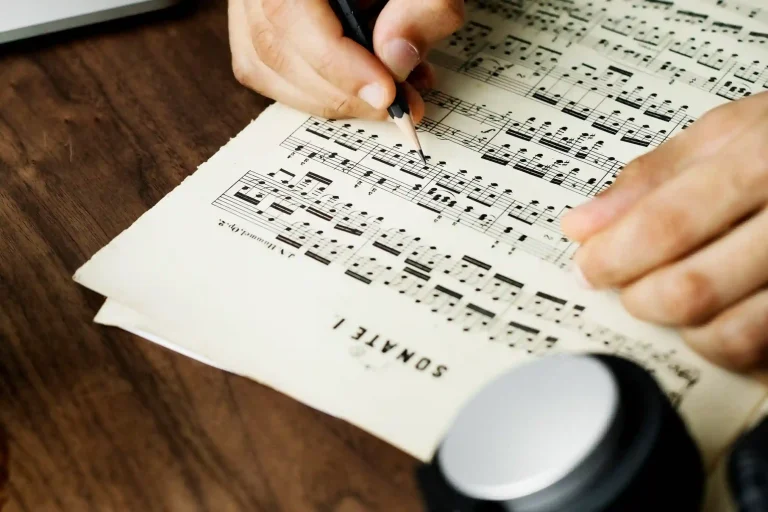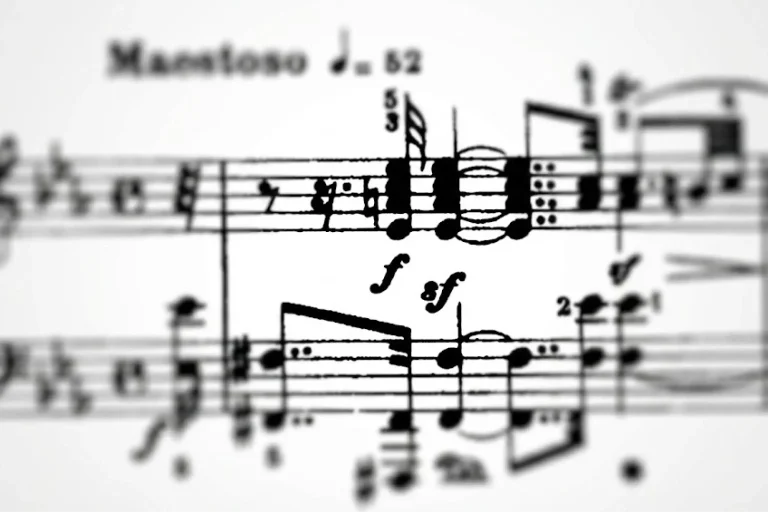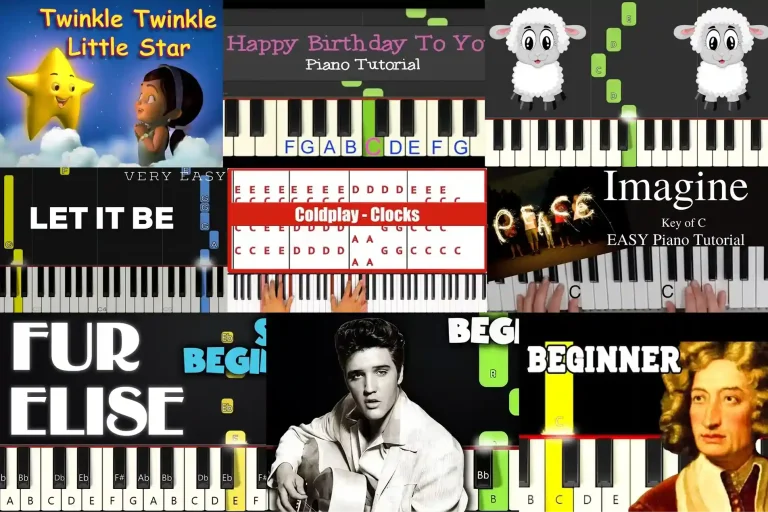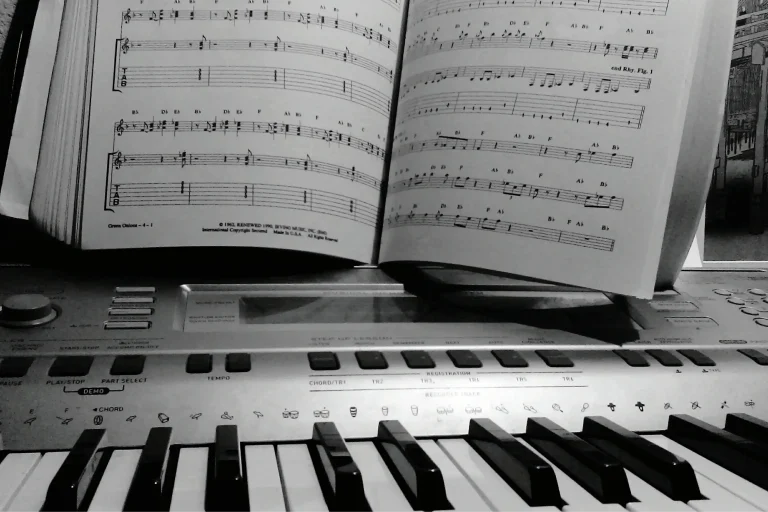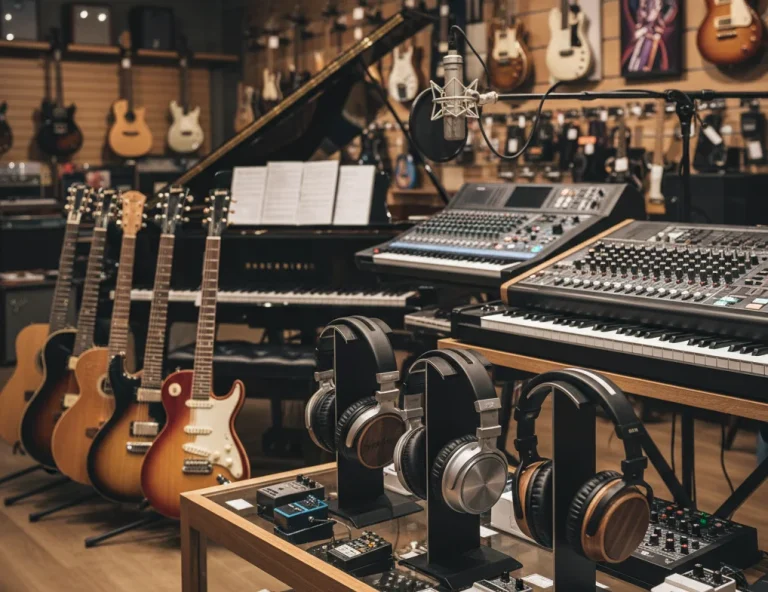All Topics
- Alchemizing Music Concepts for Students
- Artist Spotlight
- artium gift card
- Artium Maestros
- Artium News
- buying guide
- Carnatic Music
- Devotional Music
- Editorials by Ananth Vaidyanathan
- Film Music
- Guitar
- Hindustani Classical Music
- Indian Classical Music
- Indian Folk Music
- Insights
- Instruments
- Karaoke Singing
- Keyboard
- Kids Music
- maestros
- Music Education
- Music for Kids
- Music Industry
- Music Instruments
- Music Legends
- Music Theory
- Music Therapy
- Piano
- piano guide
- Success Stories
- Tamil Film Music
- Telugu Film Music
- Time Theory
- Tools
- Uncategorized
- Vocal Singing
- Vocals
- western classical music
- western music
- Western vocal music
Piano Lessons for Kids: Ultimate Guide for Beginners
Piano Lessons for Kids: Ultimate Guide for Beginners

Table of Contents
Piano lessons for kids are almost a cliche. All of us would have friends whose family made them take piano lessons during childhood. Regardless of whether they pursued piano, don’t let their negative experiences discourage you from allowing your child to learn the piano.
Even for those who’ve stopped their piano-playing journey, the skills they gained have been valuable throughout life. Learning piano offers excellent benefits like improved memory, reading, maths, and even IQ scores!
If you’re wondering whether piano lessons for kids are worth it, let us restate those doubts; it’s a fantastic idea. This guide will share some insights and tips to help kickstart your child’s piano journey.
The Best Age To Begin Piano Lessons For Kids
The golden window for starting piano lessons for kids usually falls between 6 and 9. But, let’s be honest: Age is just a number here. Even little ones under 5 have been known to dabble with the keys, given how user-friendly pianos are.
So, how do you know if your little one is ready for pianos?
- Motor Skills – They have finger and arm coordination.
- Left Vs Right – They can differentiate between their left and right hand.
- Counting – They can count to 4, since basic timing in piano pieces involves counting to four.
- Interest- They should have a genuine interest or excitement about learning piano.
- Commitment – They can do 30 minutes of focused practice daily.
For more detailed information on the benefits and impact of starting piano lessons early, check out the full article, “The Best Age to Start Piano Lessons for Children.”
Preparing For Lessons
When preparing for piano lessons for kids, the first step is to ensure a dedicated, quiet practice space at home. Establish a regular practice schedule that is disciplined and fun. Exposing your child to different music genres or planning a family outing to a live concert will help them get accustomed to the world of music. Celebrate the small wins, and don’t skip on the high-fives and words of encouragement.
Choosing The Right Piano And Equipment
Follow these steps in choosing the right piano and equipment for your child –
- Instrument Choice- You can choose between an acoustic or digital piano. While acoustic pianos are traditional and expensive, digital pianos are budget-friendly and come with features like volume control and learning aids.
- Key Touch – Go for weighted keys to get a realistic feel.
- Space Efficient – Digital pianos are sleek and easy to move, while acoustic pianos require a lot of space.
- Budget – Piano prices start from Rs. 3,000 to Rs. 4,00,000 and above. Just be sure not to go for cheap models.
- Brands and Models – Yamaha, Kawai, and Roland are known brands for digital pianos. For the acoustic ones, Steinway or Bosendorfer are the names that resonate with quality.
- Extra Equipment – Get a sturdy bench, metronome, stand and pedals as an add-on.
Finding The Right Piano Teacher
Ready to find the perfect maestro for your little Beethoven? Keep these in mind –
- Experience – Look for a teacher with a track record of teaching kids or beginners.
- Teaching Style – Find a teacher whose teaching style clicks with your child’s vibe.
- Credentials – Opt for a teacher with a solid educational background and certifications.
- Communication – Look for a teacher who keeps you updated about your child’s progress.
- Trial Sessions – Take advantage of trial sessions before enrolling. Online piano classes like Artium Academy offer FREE 1:1 Trial Classes. This helps you determine whether the teacher is a good fit.
- Research – Check reviews and references to evaluate teachers’ reputations and effectiveness.
Structuring Piano Lessons For Kids/Beginners
Want to make those lessons stick? Here are some ways to create an effective piano lesson routine –
1. Warm-Up Exercises (5-10 mins): For a smoother session, begin every warm up with finger exercises for agility, strength and rhythm claps to hone timing.
2. Technical Skills (10-15 minutes): Start the session with easier pieces to get comfortable. Get used to the hand positions, finger movements, and other techniques like the Hanon exercise to improve finger independence and skill.
3. Music Theory (10 mins): Mix music reading with games or flashcards to keep things lively.
4. Song Practice (15 – 20 mins): Break down songs into smaller pieces.
5. Fun Activities (5-10 mins): Add games and improvisation to keep the child engaged.
6. Celebrate the Milestones (each day): Praise every small achievement to keep your child motivated.
Making Practice Fun and Engaging
Make piano lessons for kids fun and engaging by setting up little challenges, such as mastering a new piece in a week or getting a piece just perfect to play along with other musicians.
Applications like Artium Academy do precisely that. We have an interactive built-in dashboard, showcases, music marathons, and rewards, and even instant feedback. And don’t forget, practice makes one perfect, so ensure the routine is consistently maintained. Start with short sessions and then gradually increase the time as they get the hang of it.
Dealing With Challenges
Now, let’s talk about facing those inevitable challenges. Facing adversity can be tricky, but it is a golden opportunity to teach invaluable life skills. Following are the challenges you may face
- Difficulty in Hand Coordination
Challenge: It can be difficult to coordinate with both hands while playing different notes.
Solution: Encourage slow practice, break down the music into smaller pieces, and focus on each hand separately before using them together.
- Frustration with Slow Progress
Challenge: Lack of immediate results can be discouraging
Solution: Set achievable goals, celebrate small victories, and remind them that learning an instrument takes time and patience.
- Boredom with Repetition
Challenge: Learning scales and exercises can get monotonous.
Solution: Add fun routine, include simple songs that keep their interest alive, while emphasising the importance of practice.
- Struggling with Reading Sheet Music
Challenge: Reading and learning sheet music can be daunting.
Solution: Start with small steps. Use visual aids, and incorporate games that make learning notes and rhythms more engaging.
- Lack of Motivation to Practice
Challenge: Kids may not like regular practice sessions.
Solution: Rewards and incentives are a great way to motivate kids. Create a structured schedule and practice with them to make it a shared activity.
A never-give-up mindset will make your child resilient at a young age; however, with your support and a little motivation, children can prepare for life’s curve balls and go a long way.
Encouraging Performance And Participation
Getting your kid involved in competitions and group performances are an essential part of piano lessons for beginners. It’s not just about honing their musical skills; it’s about boosting their confidence and getting them used to the spotlight. Achieving something as a group or nailing that solo performance feels fantastic for a child, especially at a young age. To help them prepare, a little encouragement goes a long way. Create a supportive environment at home where they can practice performing. If they get nervous, then practice deep breathing exercises and positive affirmations.
By implementing these ideas, piano lessons for kids can be more than just learning to play; they can be about growing, being part of a team, and building confidence.
Long-Term Benefits of Piano Lessons for Kids
Piano lessons for kids offer long-term benefits such as playing beautiful music, improvising cognitive abilities, increasing memory span, laser-sharp concentration and practical problem-solving skills. Kids also tend to learn time management skills and perseverance due to the discipline required while practising regularly. These skills benefit various aspects later in their lives.
Taking piano lessons develops a lifelong appreciation for music, thus instilling creativity and emotional expression. At Artium Academy, we are committed to helping your kids reach their musical potential. We provide easy and accessible online music lessons that your child can learn within the comforts of your home.
If you ever find yourself asking questions about how to learn piano online, then reach out to us. Our expert instructors and interactive curriculum are ready to make Artium Academy the right place for your child’s piano learning journey to begin.
Book A Free Trial to enrol your child in piano lessons at Artium Academy.
FAQs on Piano Lessons for Kids
Yes, kids can absolutely learn piano online! Children are quick learners, and with the right guidance, they can pick up piano & keyboard skills very easily from the comfort of home. At Artium Academy, we offer specially designed online piano classes for kids in India and globally. Our expert piano teachers use interactive methods, fun exercises, and structured lessons to keep children engaged while building a strong foundation in music. With online live sessions, flexible timings, and a personalized approach, Artium ensures that every child enjoys learning the piano while progressing step by step.
A good age for a child to start learning piano is around 5 to 7 years, when they can focus, recognize patterns, and follow instructions. At this age, kids quickly develop finger strength, rhythm, and musical memory. Artium Academy’s online piano classes for kids make learning fun, interactive, and age-appropriate.
There are a few great platforms, but Artium Academy stands out as one of the most preferred and affordable online platforms to learn piano with live classes and best teachers.
-
Artium offers interactive, real‐time lessons so students get immediate feedback just as in in-person classes.
-
Their teachers are highly skilled—professional musicians and educators with experience teaching kids and adults.
-
Plus, for learners in India especially, Artium delivers a curriculum that suits local goals and schedules while maintaining international standards.
Kids can start learning to play the piano in a fun and simple way by following a few steps:
-
Begin with a Piano Keyboard Online or Small Keyboard – Let them explore the keys and sounds.
-
Learn Finger Placement – Teach them which fingers go on which keys using easy exercises.
-
Start with Simple Songs – Familiar rhymes and short tunes keep kids motivated.
-
Use Visual Aids & Games – Colors, patterns, and rhythm games make piano learning exciting.
-
Practice Regularly in Short Sessions – Just 10–15 minutes daily helps kids progress faster.
-
Take Guided Classes – With expert support, children learn faster and build a strong foundation.
At Artium Academy, we make this journey easy with online piano classes for kids, using engaging methods, live teacher interaction, and structured lessons to make learning fun and effective.

